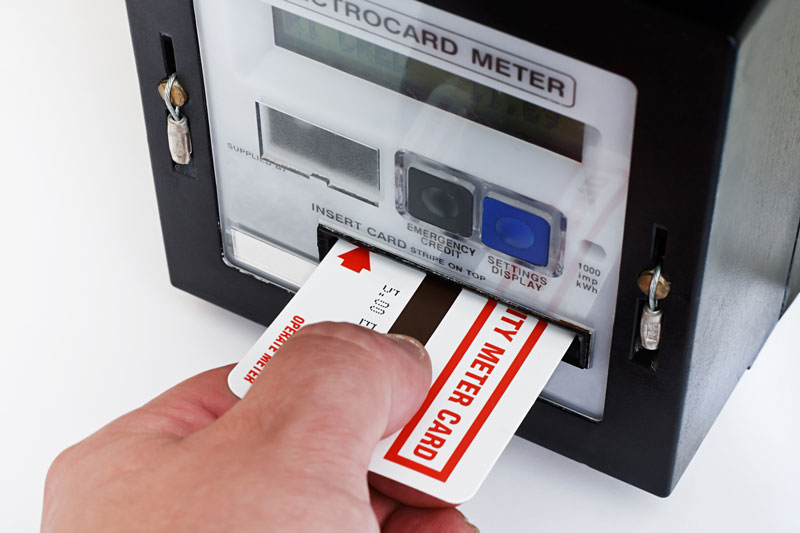Ofgem: Tens of Thousands of Gas & Electricity Users Can't Afford to Keep Power On

“Tens of thousands” of pay-as-you-go energy customers disconnected from their supplies last year because they couldn’t afford to top up the meter, Ofgem has revealed.
Last year 70,000 households on pre-payment tariffs disconnected from their electricity supply for more than three hours and 80,000 disconnected their gas supply.
While suppliers are no longer disconnecting customers—last year only 17 households had their supplies disconnected by their provider, down from 8,3000 a decade ago—customers are increasingly ‘self-disconnecting,’ many to save money. One in 10 pre-payment customers self-disconnected in the previous year.
Ofgem said many of these disconnections were likely due to forgetfulness or customers simply not realising the credit on the meter was low. However, it estimated that many households disconnected due to financial troubles, and urged an investigation into fuel poverty, including whether suppliers are doing enough to help these customers.
Ofgem’s findings confirm research by charity and consumer watchdog Citizens Advice, which found 140,000 households went without electricity or gas in the last year because they couldn’t afford to top up their meters.
Of those 140,000 households, half (56%) coped with cold homes while a third (35%) made do without light.
Overall, 11% of households in England face fuel poverty, including 19% of all households living in privately rented homes.
4.5 million households in Britain are on pre-payment meters as poor credit history make it difficult for them to obtain other energy tariffs. Following criticism that pay-as-you-go tariffs were ripping off vulnerable households, Ofgem instated a cap on prepayment customers’ bills in April 2017. This safeguard tariff currently stands at £1,136 per year for dual fuel customers, having increased by £47 on 1 October.
However, Ofgem found that customers on pre-payment meters were still the most likely to be paying too much for their energy, even with the protection of the cap.
But the issue of poor value tariffs isn’t just confined to pre-payment customers. A majority of UK homes (54%) remain on default tariffs, including standard variable tariffs (SVT). Customers are often unknowingly placed on these more expensive tariffs after their contract ends and they fail to switch supplier or negotiate a new contract.
While rates of switching are up, with one in five customers switching between June 2017 and June 2018, the portion of customers on default tariffs fell just 3% from the year before. And SVTs are getting more comparatively more expensive: customers on SVTs are now paying £320 more a year than those on the cheapest fixed tariff on the market, up from £300 the previous year.
An energy cap to be implemented by Ofgem before the end of the year is designed to protect unmotivated and uninformed customers, including the 61% who said they had never or only once switched energy provider. Vulnerable customers, including the elderly and those facing fuel poverty, are the least likely to switch provider.
Dermot Nolan, chief executive at Ofgem, said: “We have witnessed many positive developments in energy over the last year, but the market is still not delivering good outcomes for all, especially the vulnerable."
Read on our blog

With the government poised to implement tough new measures to...

Budget broadband provider TalkTalk has been notifying customers via email...

A year-long investigation by charity Citizens Advice has revealed a...

Education Secretary Nadhim Zahawi has announced a new commitment to...
